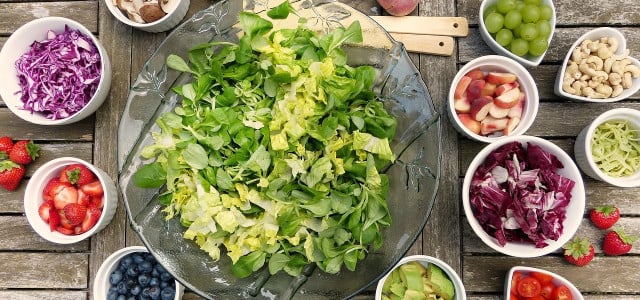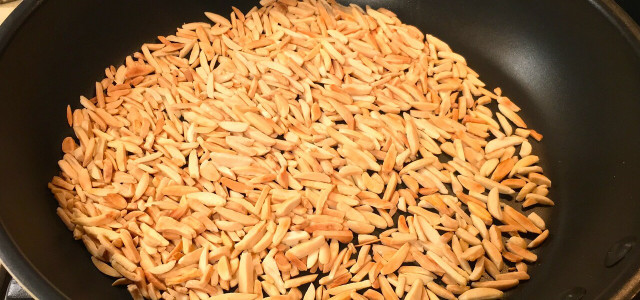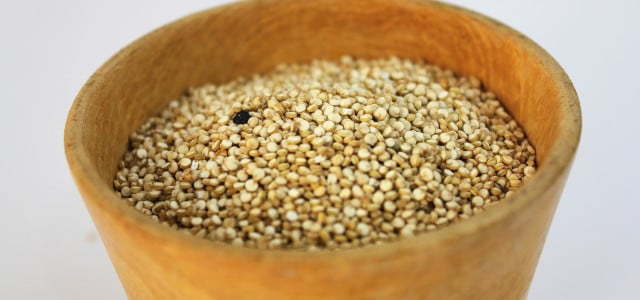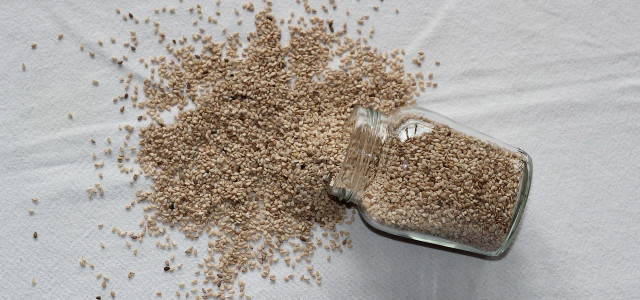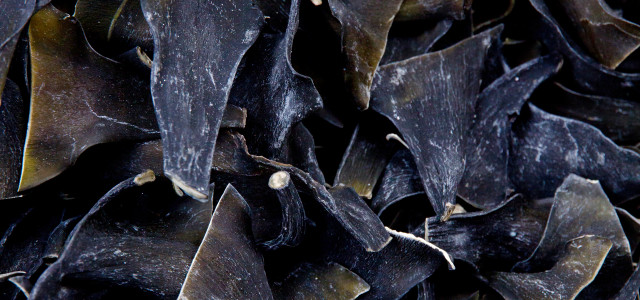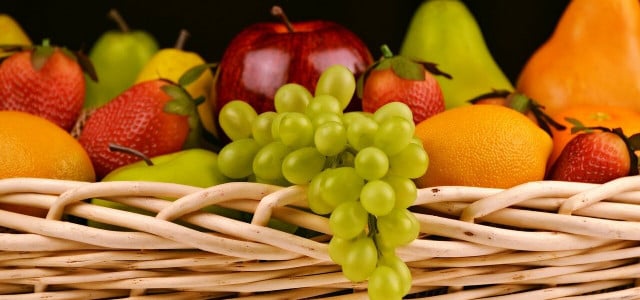Vegan calcium sources are important for anyone with a purely plant-based lifestyle, as the most well-known sources of calcium are dairy products. Read on to learn about eight sources of calcium for vegans.
Calcium is a mineral that is crucial for our bodies. It is well known that calcium helps to maintain and build bones. But it is also important for regulating blood pressure, releasing crucial hormones and enzymes, helping with muscle contraction and easing nerve transmission.
No surprise then, that including calcium in our everyday diets is crucial. However, the most calcium per milliliter or milligram comes from dairy products like milk and cheese. This means that getting enough calcium into a vegan diet can be tricky if you don’t know where to look for it.
Thankfully, there are lots of vegan calcium sources. Plant-based foods are great sources of calcium that can be incorporated easily into a vegan diet.
1. Soy Products
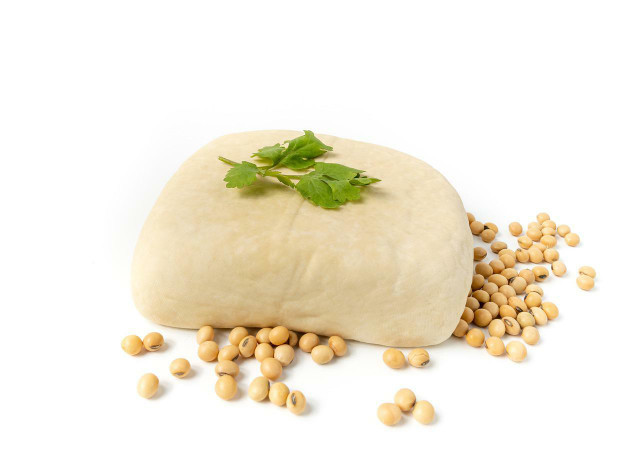
Soy is naturally rich in calcium, making it a staple vegan calcium source. Any plant-based foods made from soybeans, like tofu or tempeh, are really rich in this mineral. Just one serving of 100 grams of soft silken tofu contains 31 milligrams of calcium, while fried tofu can contain up to 960 milligrams.
There are endless possibilities for delicious recipes with tofu. Try our recipe for crispy pan-fried tofu and enjoy this tasty calcium source while ensuring you are feeding your body the minerals it needs for a nutritious and healthy diet.
2. Nuts: A Calcium-Rich Vegan Snack
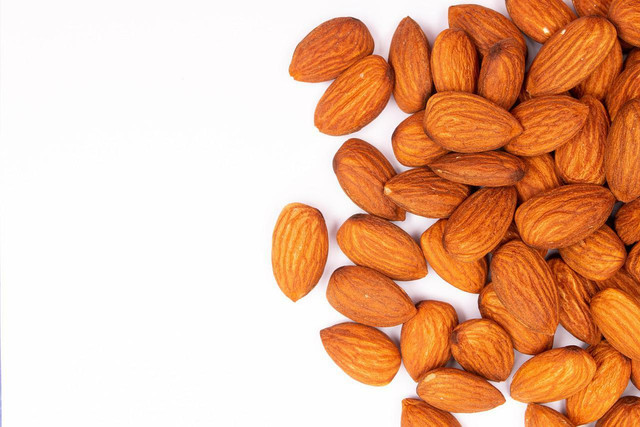


Almonds are the nuts which are richest in calcium. They contain 273 milligrams per 100 grams. Second to almonds are brazil nuts with 160 milligrams.
The best part about nuts in a vegan diet is that they could not be easier to incorporate. From on-the-go snacks, to toppings on salads and soups, you can be sure you are getting enough calcium if you add almonds and brazil nuts to your meals.
3. Peas, Lentils and Beans
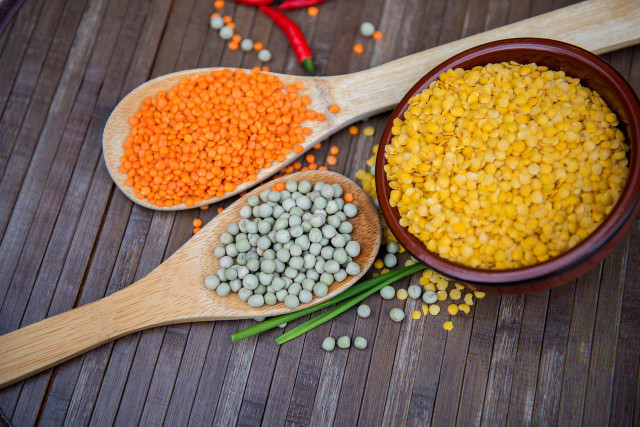


Lentils, beans and peas are staple vegan calcium sources as well as being rich in fiber and a great source of protein.
Lentils contain 35 milligrams of calcium in a 100 gram serving, 19 milligrams once cooked. Beans contain on average 13 milligrams and peas 25 milligrams per 100 grams.
Although these foods may seem bland and boring, they are actually super tasty and can be cooked in so many different styles. Why not try homemade Scafata with fava beans, or a Lebanese Mujadara recipe with lentils and really impress yourself, family and friends with how flavorful beans and lentils can be!
4. Amaranth: A Vegan Pseudograin Packed with Calcium
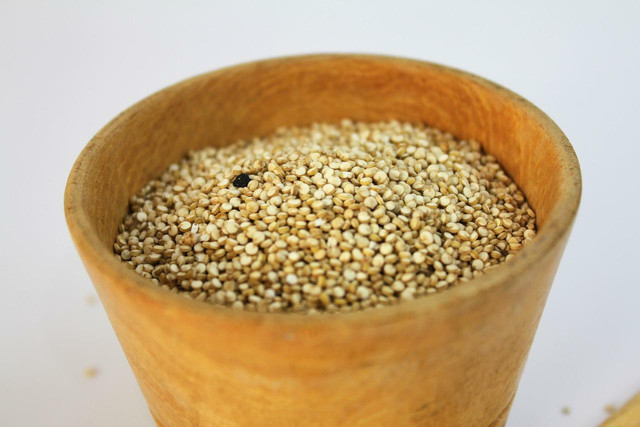


Amaranth is a pseudograin that is a super source of calcium in a vegan diet. A 100 gram serving of this grain contains 47 milligrams of calcium.
Just like any other (pseudo-)grain, like quinoa or rice, amaranth can be easily added to dishes like curries, salads or roasted veggies. Not only will amaranth amp up your calcium intake, it is also a very tasty and versatile grain for all vegans.
5. Seeds
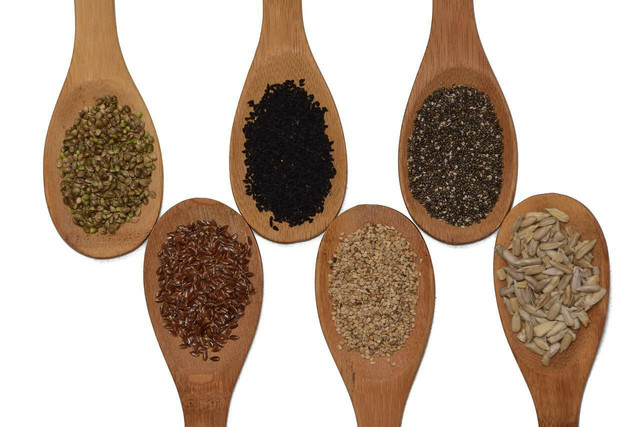


Among all seeds, sesame seeds contain the most calcium: 975 milligrams in 100 grams of dried sesame. Tahini — the seed butter made from sesame — contains 141 milligrams of calcium per 100 gram serving.
Chia seeds and flax seeds are also high in calcium and are a really important addition to a vegan diet. Because seeds are so small, they are perfect for sprinkling on top of salads, open sandwiches or adding into smoothies. 100 grams of chia seeds contain 631 milligrams of calcium, and flax seeds 255.
6. Dark Leafy Greens
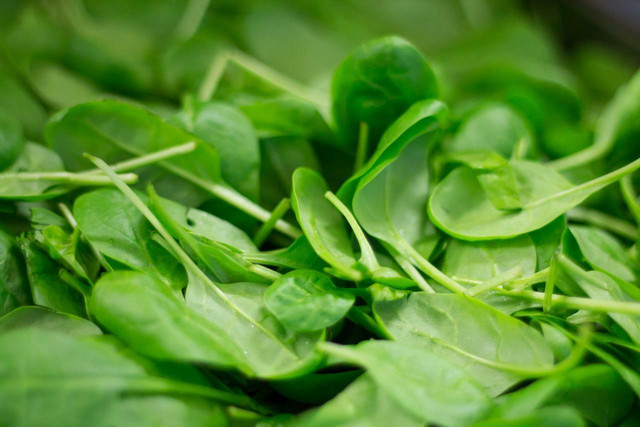


It has been drilled into us since we were kids that we have to eat our greens — and for good reason. Dark leafy greens, like spinach and collard greens, contain about 100 milligrams of calcium per 100 grams. Kale, broccoli and brussel sprouts are just some of the many other greens you can include in a vegan diet to add to your calcium levels.
The list of recipes you can make with these dark leafy greens is long and exciting. We suggest our recipe for pan fried brussel sprouts for something new and really delicious to bring to the table.
7. Seaweed: Vegan Calcium From the Ocean
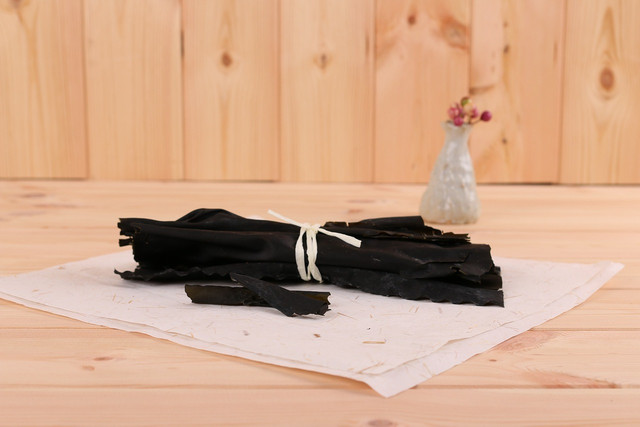


Do not be put off by seaweed. The edible kind, known as Kelp, is actually really tasty. What’s more, it contains about 170 milligrams of calcium for every 100 gram serving.
Kelp is a great addition to the vegan diet, as it is not only delicious on its own and full of calcium, but it can be used in a variety of dishes to recreate the taste of the sea.
8. Fruits
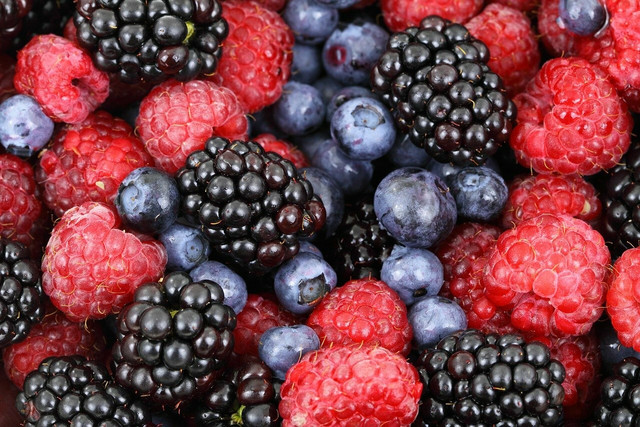


Some fruits really pack a punch when it comes to calcium levels. Raw tangerines lead the way with 37 milligrams per 100 grams. Raspberries contain 16 milligrams of calcium per 100 grams. Other fruits to look out for to get more calcium into your body include blackcurrants, blackberries, and oranges. Figs also contain quite a bit of calcium, but figs are not vegan.
Obviously, the easiest way to eat fruit is organic, raw and straight from the bag. But why not mix things up and make your own quick and easy fruit salad with all the fruits mentioned here to know you are really feeding your body with the calcium it needs.
Read more:
- 5 Best Vegan Egg Substitutes for Pancakes
- The Vegan Food Pyramid: 6 Steps to a Balanced Vegan Diet
- 9 Incredible Chocolate Brands for Vegans
Important Information regarding Health-related Topics.
** Links to retailers marked with ** or underlined orange are partially partner links: If you buy here, you actively support Utopia.org, because we will receive a small part of the sales proceeds. More info.Do you like this post?






